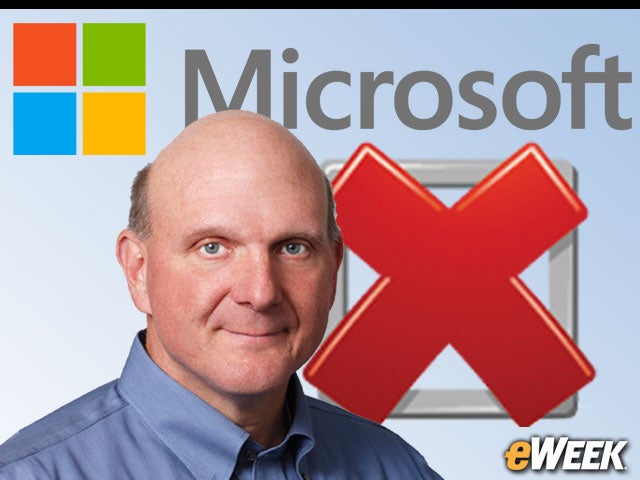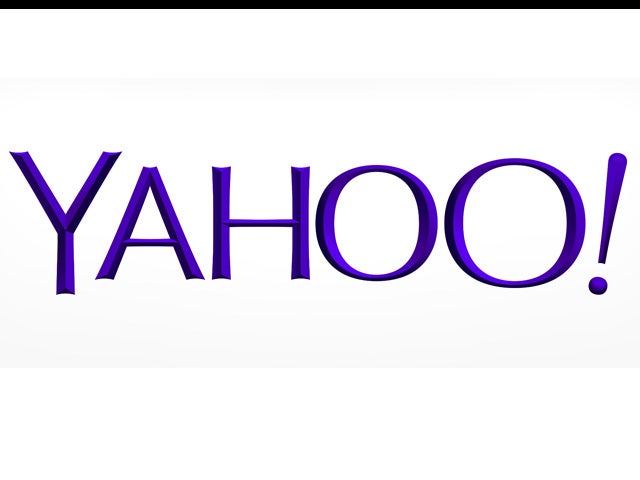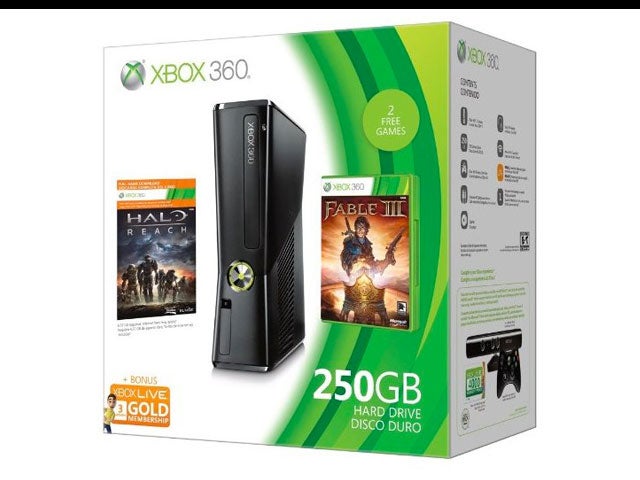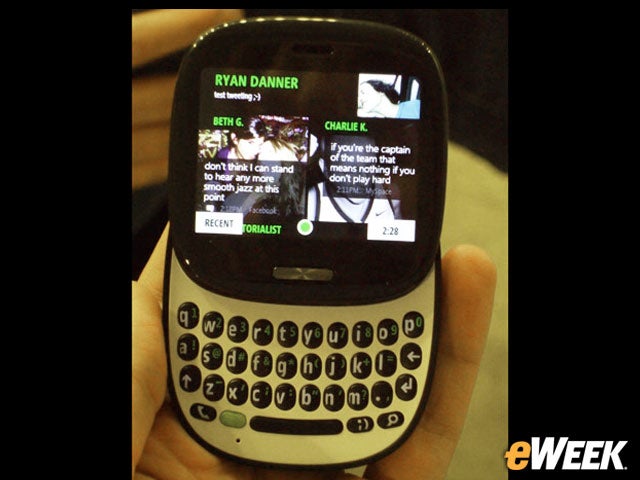eWEEK content and product recommendations are editorially independent. We may make money when you click on links to our partners. Learn More.
2Windows Longhorn Delays Were His Biggest Mistake
In a recent interview, Steve Ballmer said that his biggest mistake as CEO was the excruciatingly long time it took Microsoft to develop the Windows version that was known in the early 2000s by the code name “Longhorn.” As he pointed out, it didn’t matter to just about anyone at Microsoft that it was taking so long to develop Longhorn. By the time this Windows version finally got to store shelves as Vista, “six or seven” years had passed.
3Vista Proved to Be a Sales Disaster
As if the long wait wasn’t enough, when Windows Vista hit store shelves, it was a disaster at first blush. The differences in design with the previous version of Windows were too much for many users to handle, and enterprise customers, who were happily using Windows XP, turned up their noses at Vista. Even PC hardware vendors, the essential factor in Microsoft’s operating system sales success, offered “downgrades” to XP to sell more devices. It was bad, bad, bad.
4Failing to See Mobile’s Growth
5Engaging in a Fruitless Buyout Campaign With Yahoo
For months, Microsoft engaged in an expensive and distracting battle to buy out Yahoo. But as time wore on, it was becoming increasingly clear that Yahoo’s Jerry Yang wouldn’t sell to Microsoft at any price. In the end, Microsoft was probably lucky a Yahoo buyout never happened, as evidenced by Yahoo’s business struggles in the years after the failed attempt. Wasting all that time and effort to court Yahoo is something that Ballmer wishes he could have avoided, he pointed out in a recent interview.
6Failing to Generate Profits With Xbox
As Ballmer noted in his recent interview, he wished that he could have found a way to make the Xbox more profitable right from the start. Microsoft sold the Xbox at a loss from the time the company first released it in 2001 through all generations of the devices until Microsoft finally started generating hardware profits in 2010. That was an exceedingly long time for shareholders, and it seemed to indicate that Ballmer wasn’t so sure-footed in the gaming space.
7Who Remembers the Microsoft Kin Mobile Phone?
The Microsoft Kin might just be the technology that Ballmer would like us all to forget. The devices, born out of Microsoft’s $500 million acquisition of Sidekick smartphone maker Danger, were supposed to be the company’s answer to the oncoming mobile tidal wave. In truth, the Kin devices were disasters.
8Following Google Down the Ad Display Rabbit Hole
After Google acquired DoubleClick to bolster its display ad business, Microsoft felt compelled to respond. So, it went out and bought a nearly no-name company, aQuantive. After that acquisition proved profitless and Google’s advertising prowess only grew stronger, Microsoft and Ballmer were forced to write down $6.2 billion of the $6.3 billion they paid for aQuantive.
9Microsoft’s iPod Killer Just Wasn’t a Threat
The Zune digital music player was supposed to be Microsoft’s answer to the iPod, but it turned out to be the laughingstock in the portable music business. The Zune was big, ugly and didn’t have the same seamless integration from hardware to software as the iPod. The Zune just couldn’t hold a candle to the iPod.
10Relying Too Heavily on PC Hardware Vendors
Microsoft has only recently discovered that getting into the hardware business might be a good move. For decades, it relied almost entirely on third-party PC hardware vendors to drive its Windows business. But as tablets started hitting store shelves and vendors started adopting Android for mobile devices, the wheels came off that plan. Unfortunately for Ballmer, that insight came too late. And now, he’s left wondering why he stayed loyal to his PC hardware partners now that PC sales are shrinking and those partners are turning increasingly to Android.
11Losing Sight of Internet Explorer
There was a time when Internet Explorer owned 90 percent of the browser space after it knocked Netscape Navigator out of the market. But then antitrust regulators in the U.S. and Europe intervened by demanding a more level playing field for competing browsers. Next, Microsoft got blindsided by serious security problems with IE. Then better products like Mozilla Firefox and Google Chrome hit the market. During the first six months of 2013, Chrome was the top browser worldwide, according to Statcounter, generating 43 percent market share. As for IE? It could only muster 25 percent share.










